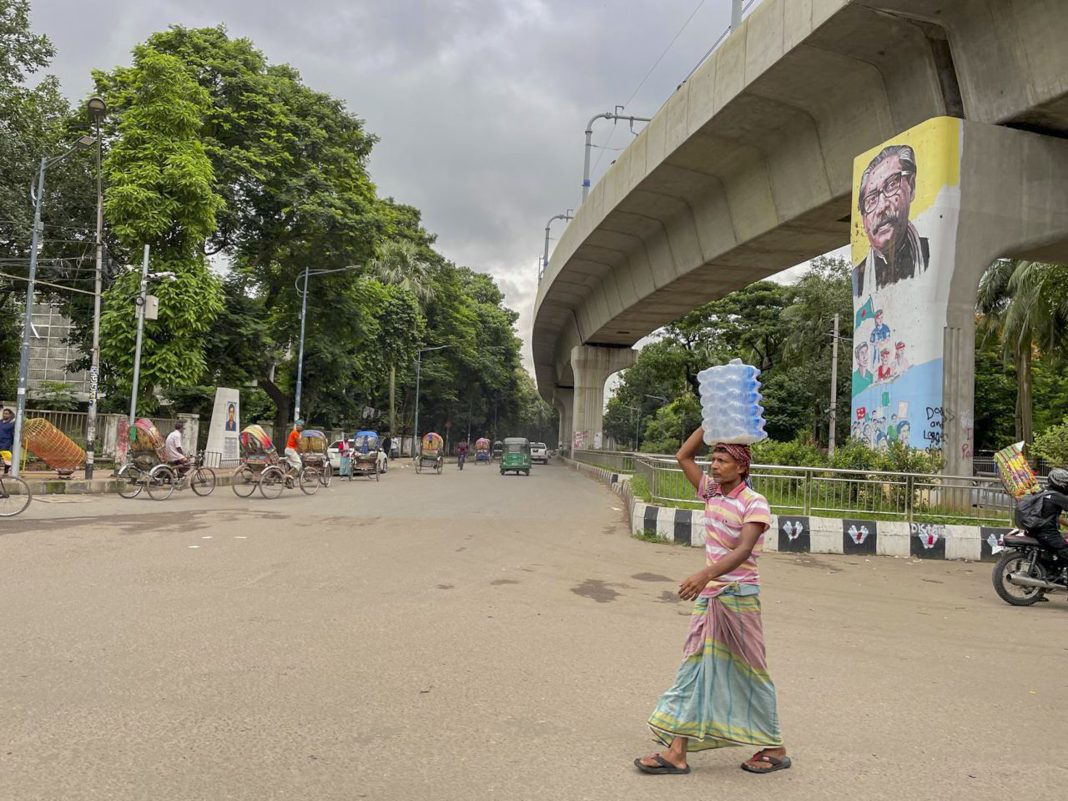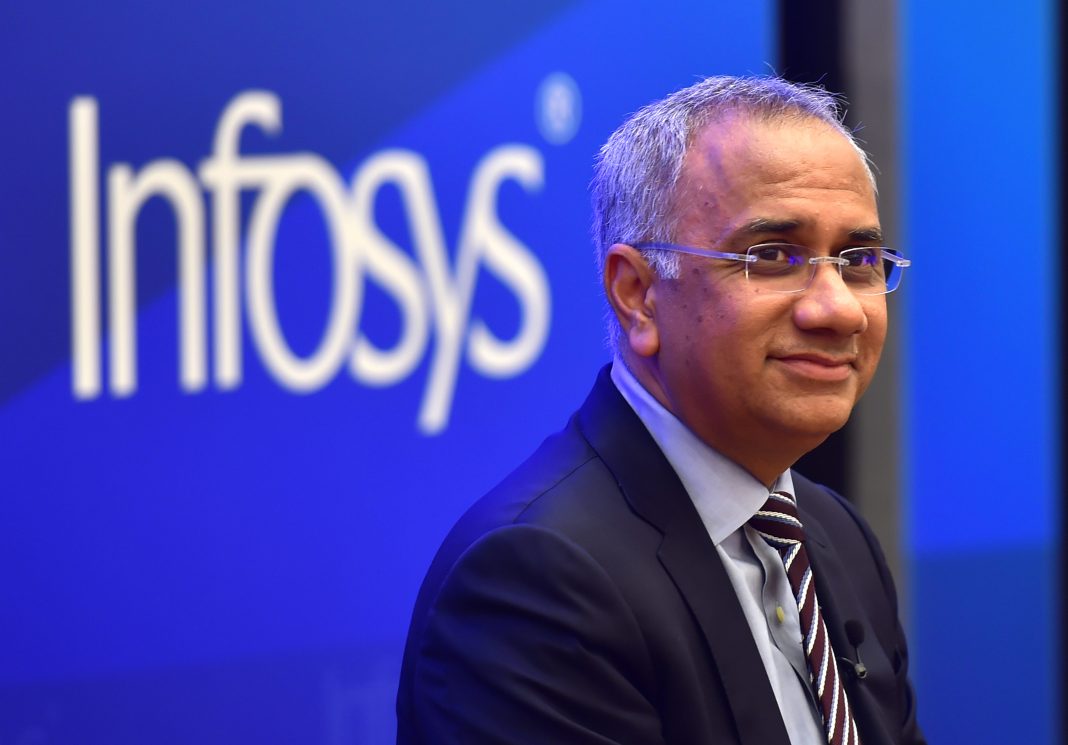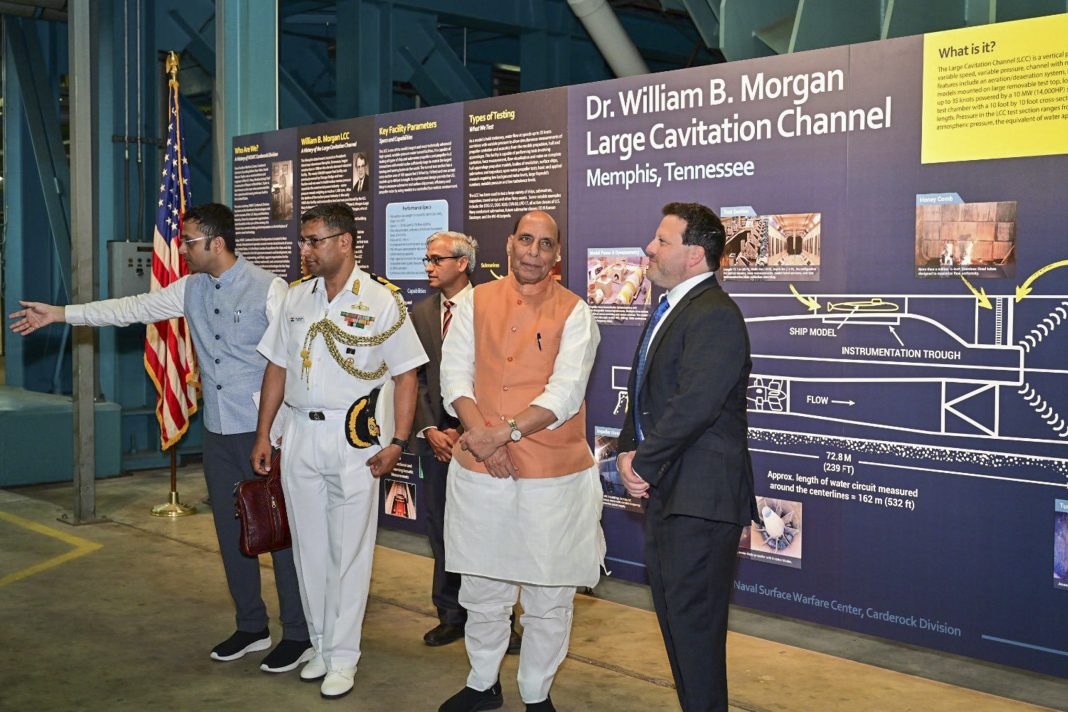For over a month, several college students and office-goers had to go through the painfully slow Dhaka traffic to reach their destinations because of the closure of metro services in the city owing to the violent anti-government protests in Bangladesh.
Besides losing time, travelling to and fro by cab or an autorickshaw throughout the journey also pinched the pockets of many students and others belonging to the middle class and taking crowded buses was a compromise they had to live with.
However, on Sunday, the commuters of Dhaka heaved a sigh of relief as the services resumed.
Two stations vandalised in July during the agitation — Mirpur-10 and Kazipara — remained closed.
Dhaka Metro’s MRT Line 6 passes through the institutional area, and the Dhaka University metro station and Shahbagh metro station are located near the campus.
The Dhaka Medical College and Hospital (DMCH), where several of those injured in the protests are recovering, is near the Shahbagh metro station.
Both Shahbagh and the Teacher-Student Centre (TSC) area, adjoining the Dhaka University metro station, were the hotbeds of the unprecedented protests that eventually led to the fall of the Sheikh Hasina-led government, forcing her to escape to India on August 5.
Abdur Rahman, a first-year undergraduate student in the English Department of the 103-year-old Dhaka University, said the last time he had used the metro to reach his university campus was about 40-50 days ago.
“I got to know that metro services have started today (Sunday). With so much change the country and the capital have undergone in the past two months, it’s mind-boggling. But, life is slowly getting back on track,” he told PTI.
The Dhaka Metro services were closed for passengers in the third week of July and coupled with choc-a-bloc streets due to protests had nearly paralysed the public transportation system in the capital.
Several medical students, doctors and patients use this metro line to reach the DMCH, and the closure of the metro has also impacted their daily travel.
Indian national Adnan Wani, who studied at a medical college on the outskirts of Dhaka and is currently doing his internship, said when he used to travel in the city, he preferred the metro.
“Even in summer, it is very comfortable to travel in a metro. The halting of the services caused a great deal of discomfort for people who used to use it daily. Hope the services will run uninterrupted now,” he said.
According to an official notification, Dhaka Metro, whose current network spans from Uttara North to Motijheel, resumed services in the morning around 7 am.
Many commuters who otherwise used cab services or auto rickshaws on Sunday used the metro operated by the Dhaka Mass Transit Company Limited (DMTCL) after a gap of over five weeks.
A Dhaka-based journalist said he travelled in the metro shortly before the services were halted for passengers.
“It was the third week of July, I had come out to report on the situation in Dhaka. From the Uttara side, I boarded the metro going towards Motijheel, and my destination was the Bangladesh Secretariat station. But, en route, it was announced through the PA system that the train would not go beyond Pallabi station,” he recalled.
“So, we deboarded at Pallabi and then had to walk several kilometres on foot to reach the station on the line from where a service was available. It was the Agargaon metro station. On the way, I saw the two vandalised stations and the unrest on the streets,” he told PTI.
Several media houses in Dhaka are located in the Karwan Bazar area, which also has a metro station.
Road Transport and Communication Adviser Muhammad Fouzul Kabir Khan said the interim government plans to declare metro rail operations as an essential service to prevent any disruption.
“We are planning to make the metro rail infrastructure a key point installation with enhanced security for its protection from any kind of vandalism,” he said.
He travelled between Agargon station and Bangladesh Secretariat station in the metro on Sunday.
A Dhaka High Court official said he used the metro in the morning to travel to his office and the resumption of services came as a huge relief for daily commuters like him.
On December 28, 2022, Bangladesh launched its first metro rail service with Japanese assistance to ease commuting in Dhaka, one of the most congested cities in the world.
Called Dhaka MRT Line 6, it initially operated on an 11.73-km section from Uttara North to Agargaon, consisting of nine stations. Then Prime Minister Sheikh Hasina inaugurated the project.
In November 2023, the section from Agargaon to Motijheel having eight stations and spanning 9.53 km, was inaugurated by Hasina. (PTI)




